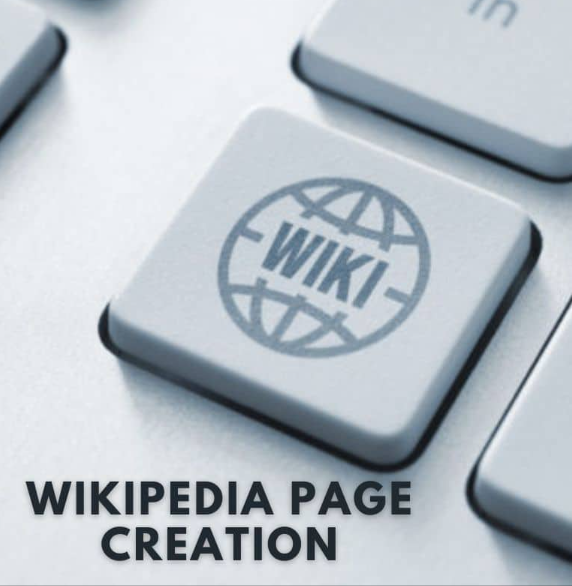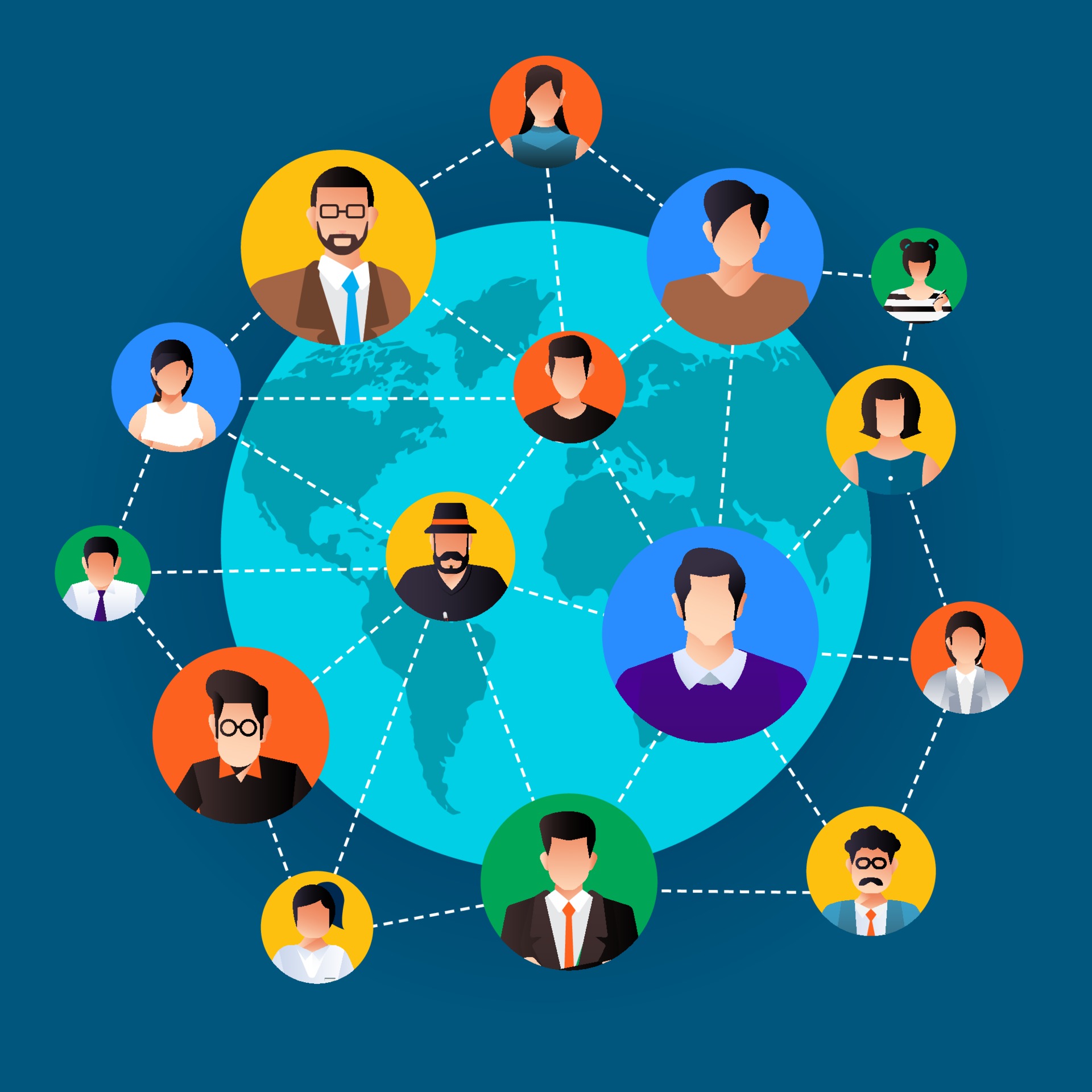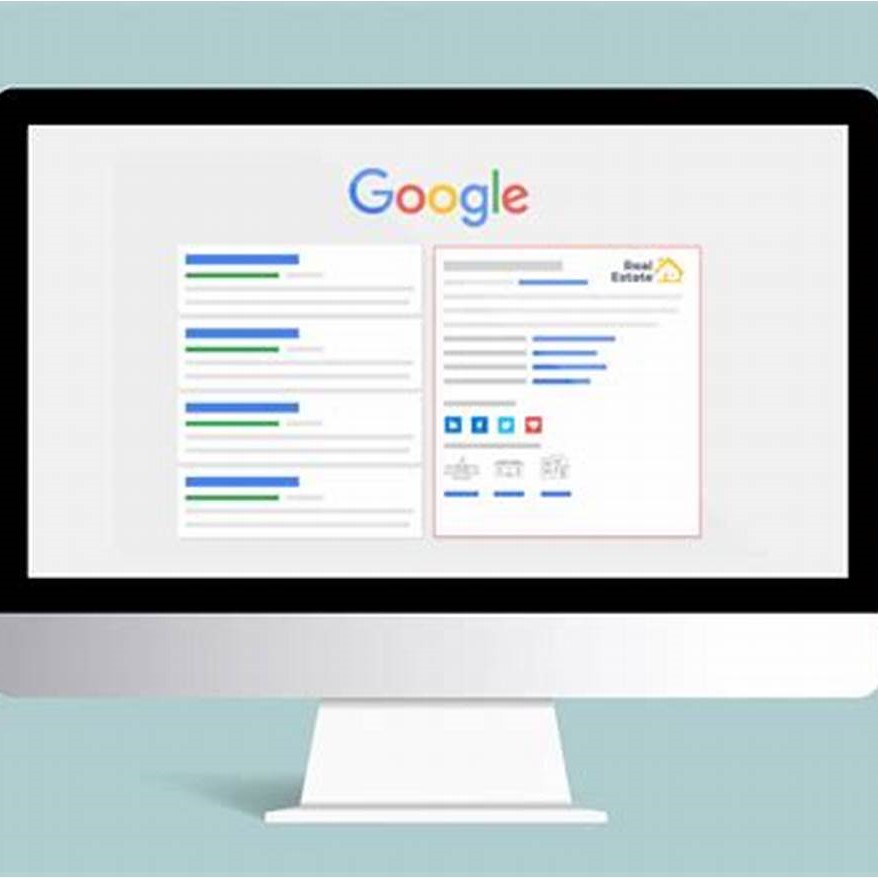
ABOUT IOSIF &
THE SKO GROUP
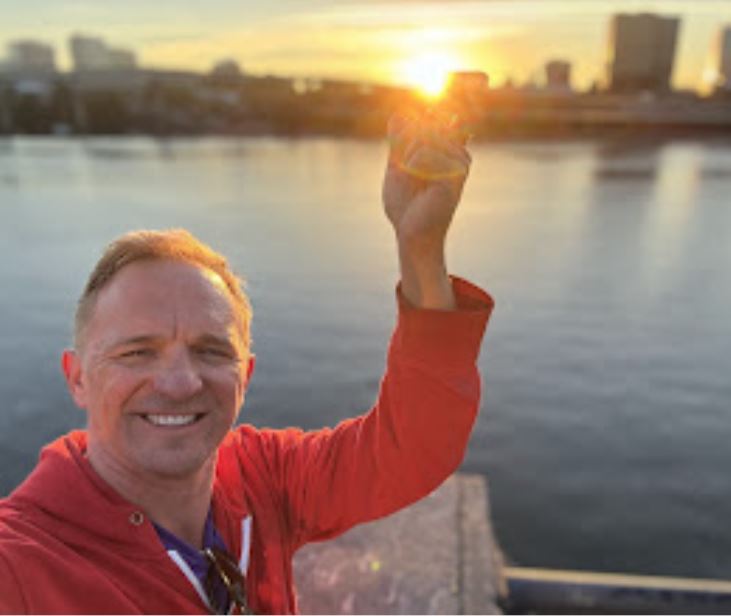
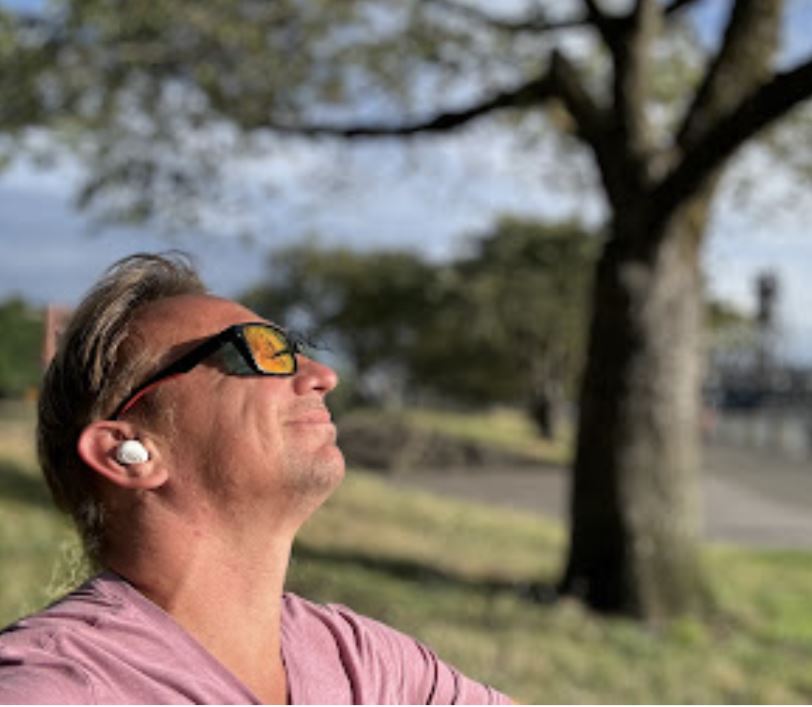
That's when I knew I had to do something. I started researching homelessness and mental illness, talking to experts, and advocating for change in my community. I wanted to educate people, break down the stigma surrounding these issues, and show everyone that these were real people who deserved compassion and understanding, not mockery and judgment.
I'm not naive; I know I can't change the world overnight. But I can try to make it a little bit kinder, one conversation at a time. I firmly believe that addiction is a disease, just like cancer or AIDS, and mental illness deserves the same compassion and treatment as any other medical condition. If my experience has taught me anything, it's that we need to start seeing the humanity in everyone, regardless of their circumstances.
THE BIRTH OF "FINDING HOME"
After my time in that church kitchen, I was haunted by the faces I'd seen and the stories I'd heard. I knew I couldn't just go back to my life and pretend everything was okay. I had to do something, but what?
The idea hit me like a bolt of lightning: a video documentary. It was the perfect medium to capture the raw emotions and harsh realities of homelessness. But I wanted to go beyond interviews and statistics. I wanted to truly understand what it was like to be homeless, to walk in their shoes, to feel their pain.
That's when the crazy idea came to me: I would make myself homeless. I'd live on the streets, panhandle, sleep in shelters, the whole nine yards. It would be the ultimate immersive experience, a way to capture the true essence of homelessness on film.
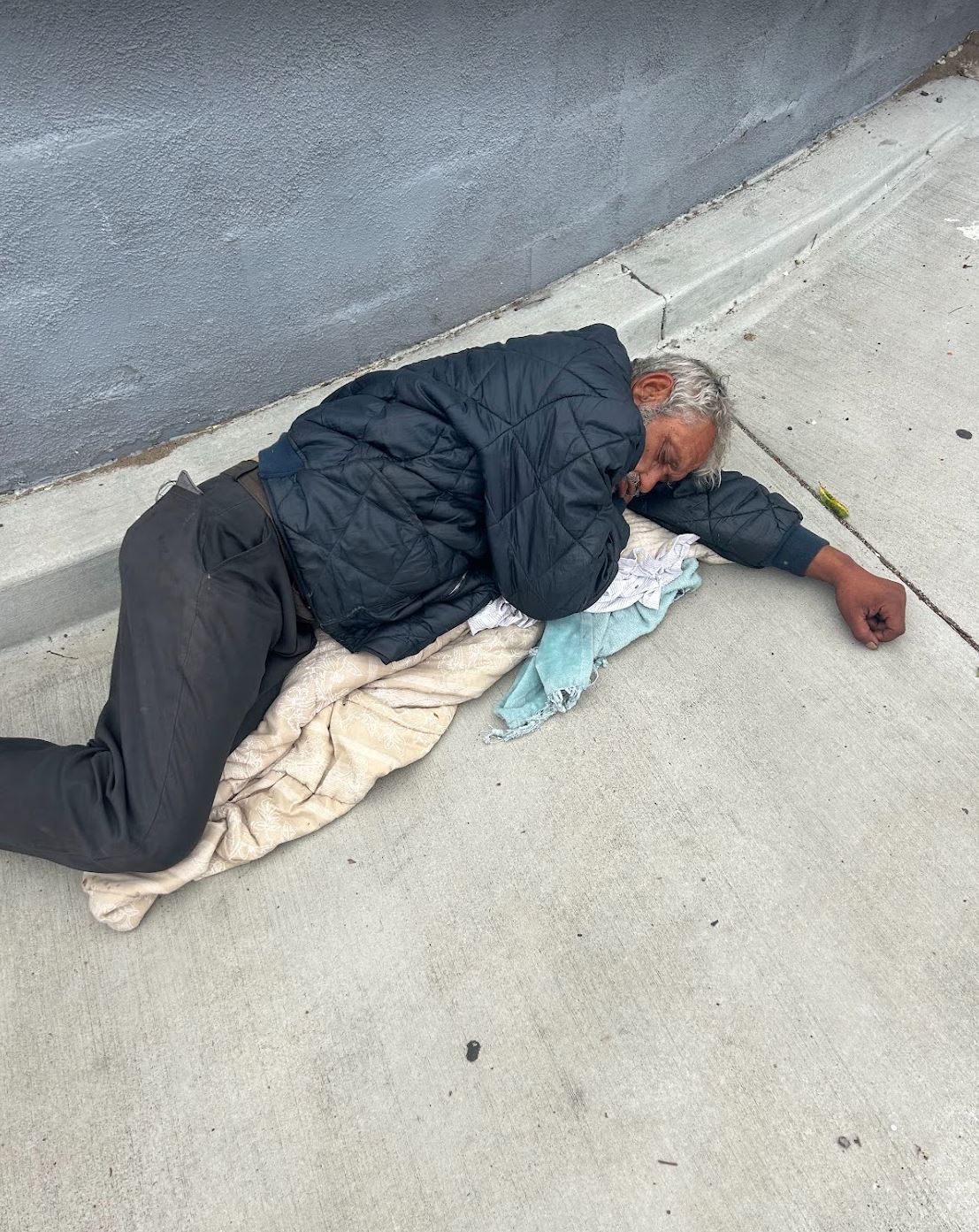

At first, the thrill of the challenge outweighed my fear. I started planning, researching survival tips, and making arrangements to put my life on hold. But as the date approached, the reality of what I was about to do sank in. Anxiety gnawed at me, and doubt crept into my mind.
What if I couldn't handle it? What if I got hurt? What if I lost myself in the process?
As days turned into weeks, my resolve began to crumble. The constant struggle, the loneliness, and the hopelessness started to wear me down. I questioned my decision, my sanity, and my purpose. I wanted to give up, to go back to my warm bed and hot showers.
But I knew I couldn't. I had made a promise to myself, to the people I'd met in the kitchen, to tell their stories. So I pushed on, through the tears, the setbacks, and the overwhelming urge to quit.
It was during those darkest moments that I truly understood what the homeless go through every single day. The constant battle against despair, the feeling of being trapped in a never-ending cycle of poverty and hardship. This is the story I needed to tell.
This is the story of "Finding Home," a docuseries about the struggles, the resilience, and the unwavering spirit of those who call the streets their home. It's a story about facing your demons, pushing past your limits, and finding hope in the darkest of places.
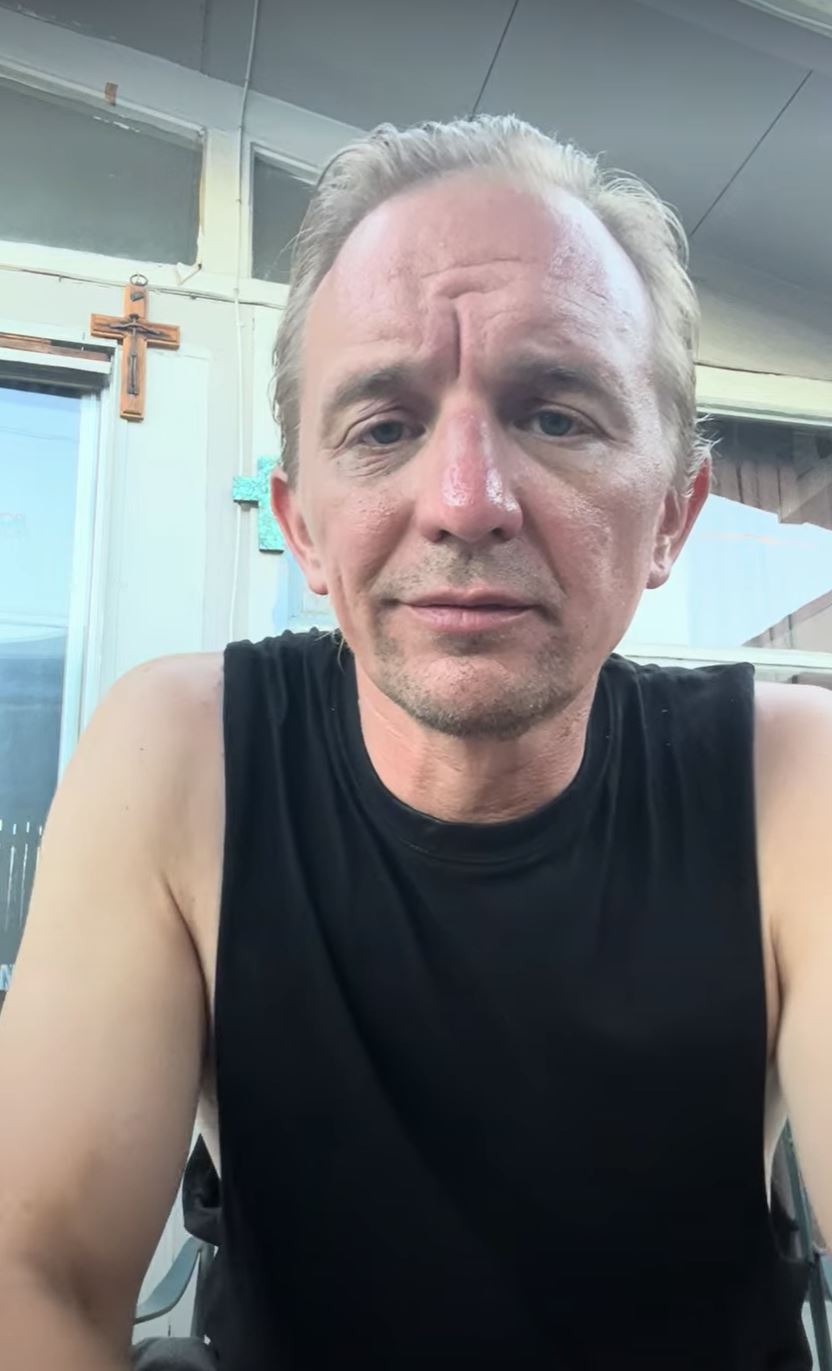
I lost 30 pounds within 2 months.
WHY SPONSOR
"Finding Home" isn't just a docuseries; it's a movement to expose the harsh realities of homelessness and ignite change. By donating, you're not just supporting a film, you're investing in a powerful tool for social impact. Your contribution will help us reach a wider audience, spark crucial conversations, and ultimately, create a more compassionate and equitable society. Be part of the solution and help us bring "Finding Home" to every screen, every heart, and every mind.
SPONSOR NOW
For the past 14 years, Joe Sko has been a force in the digital world, wielding expertise in public relations, digital marketing, and SEO. Leveraging this experience, The Sko Group offers a unique incentive to donors. Your contribution unlocks a powerful suite of digital marketing services designed to supercharge your online presence. By supporting The Sko Group, you not only help end homelessness, but you gain a skilled partner to elevate your brand.




